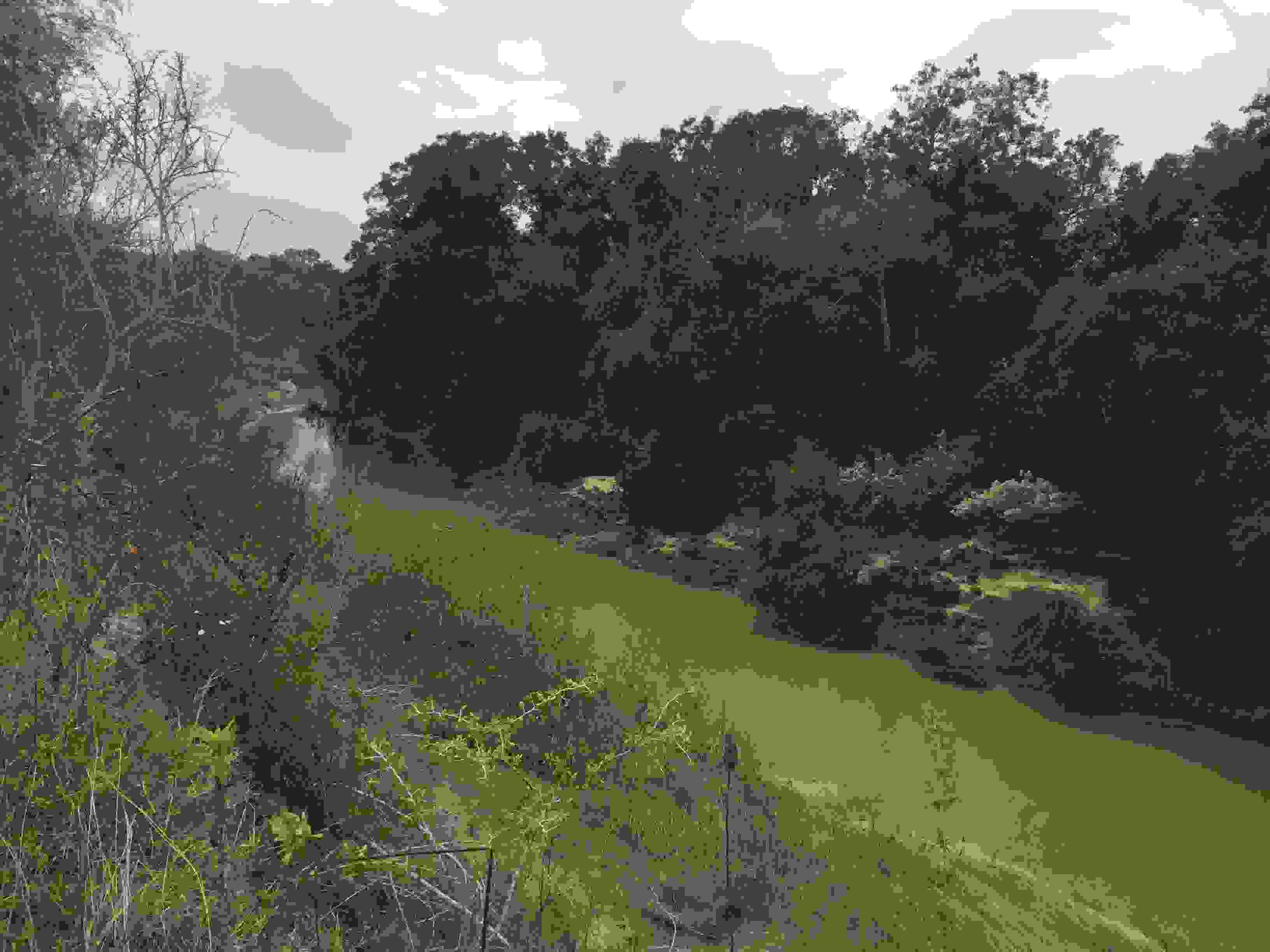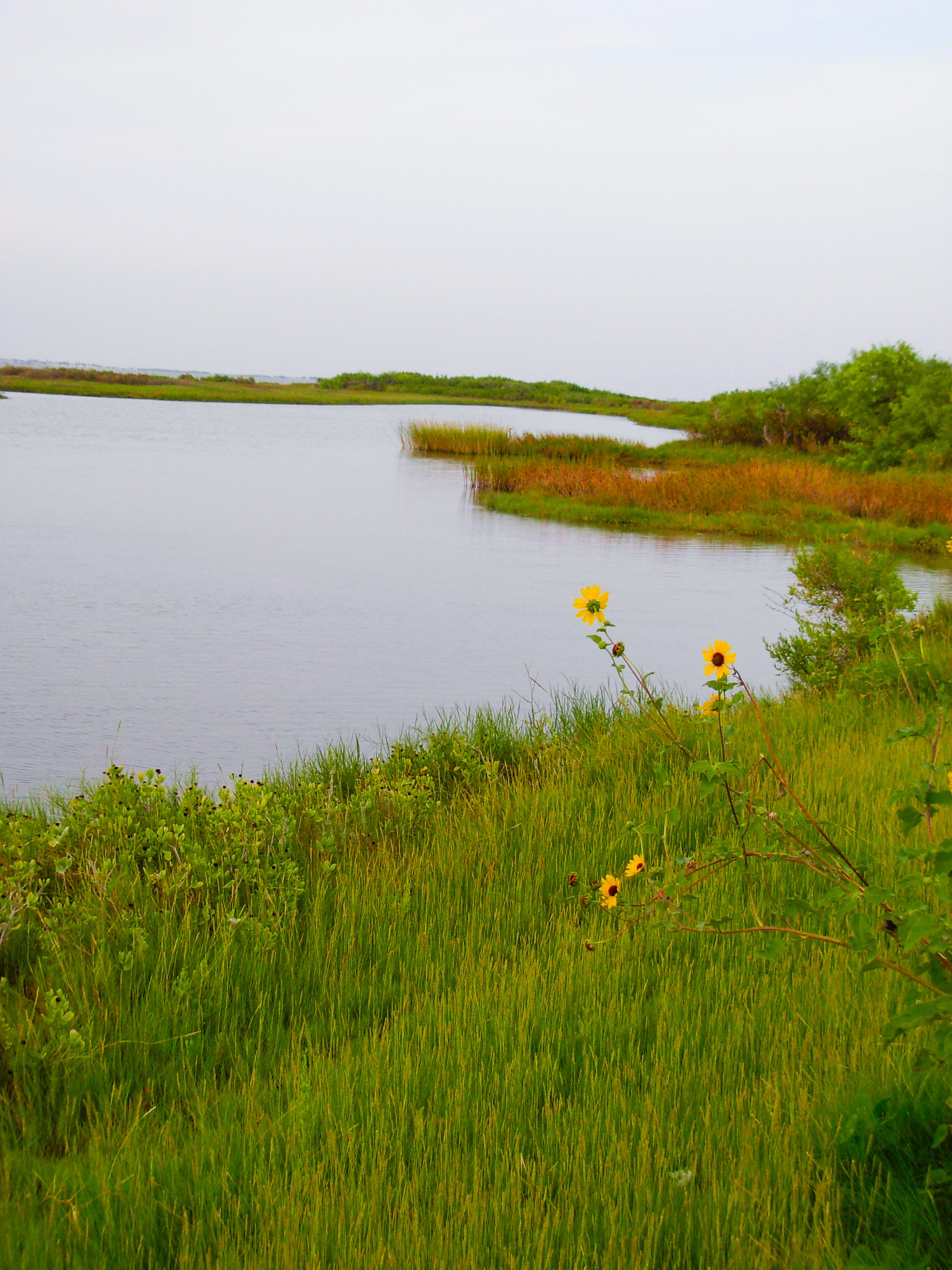The Texas Water Resources Institute’s Texas Riparian and Stream Ecosystem Education Program will host a free workshop from 8 a.m.-4 p.m. April 25 in Goliad for area residents interested in land and water stewardship in the Mission, Aransas and Lower San Antonio watersheds.
The morning session will be at The Fire Pit, 144 N. Courthouse Square. The afternoon session will include a walk and presentations along Sulphur Creek near Goliad.
Clare Entwistle, research associate at the institute’s San Antonio office, said the workshop is co-hosted locally by the San Antonio River Authority, Goliad County Soil and Water Conservation District and the Texas A&M AgriLife Extension Service in Goliad County.
Attendees must RSVP by April 20 online at TAMU Marketplace or to Entwistle at 210-277-0292, ext. 205 or clare.entwistle@ag.tamu.edu.
The program will include a lunchtime presentation. The San Antonio River Authority is sponsoring a catered lunch or participants may also bring their own lunch.
Aarin Teague, senior engineer for the San Antonio River Authority, said the Lower San Antonio River and the tidal segments of the Mission and Aransas rivers are impaired due to levels of bacteria that exceed water quality standards. The Lower San Antonio River has an approved total maximum daily load project.
Entwistle said the institute is currently working with local stakeholders in the Mission and Aransas rivers watershed to implement a total maximum daily load project that will determine how much bacteria can enter each water body on a daily basis and still meet water quality standards.
She said the institute is also working with local stakeholders to develop a strategy on how to best address the water quality impairment, known as an implementation plan for the Mission and Aransas watershed.
“Proper management, protection and restoration of these vital areas directly influences water quality and quantity, plus stabilizes stream banks and improves fish and aquatic habitats and communities,” Entwistle said. “The goal of the workshop is for participants to better understand riparian and watershed processes, the benefits of healthy riparian areas and what resources are available to prevent degradation while improving water quality.”
“Stakeholders recognize that successful implementation of a watershed protection plan requires implementing a variety of management strategies,” Teague said. “The riparian and stream workshop is an educational event supporting this effort.”
Entwistle said they are able to offer the workshop without cost thanks to program funding provided through a Clean Water Act nonpoint source grant from the Texas State Soil and Water Conservation Board and the U.S. Environmental Protection Agency.
For more information, contact Entwistle or visit the Texas Riparian Association or go to its Facebook.
Read the complete AgriLife Today article.


